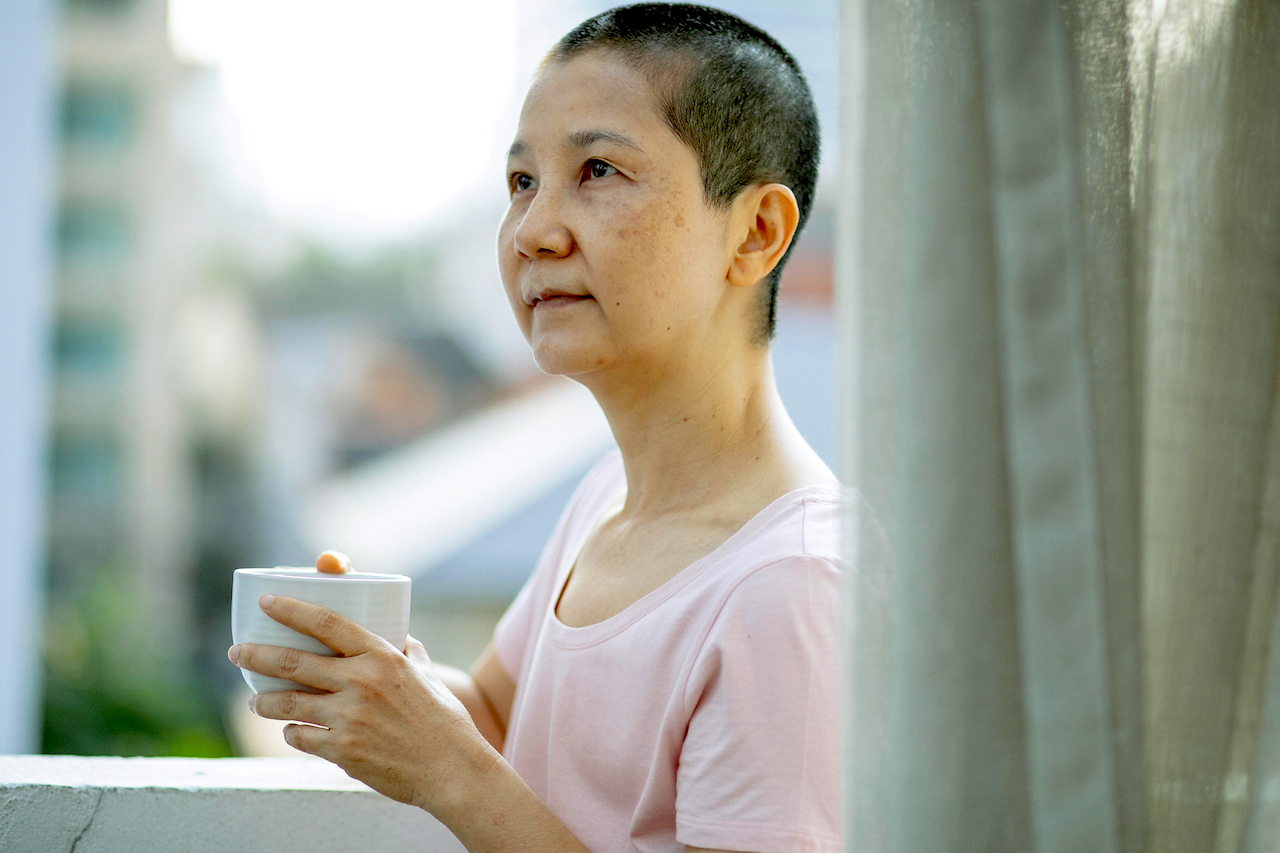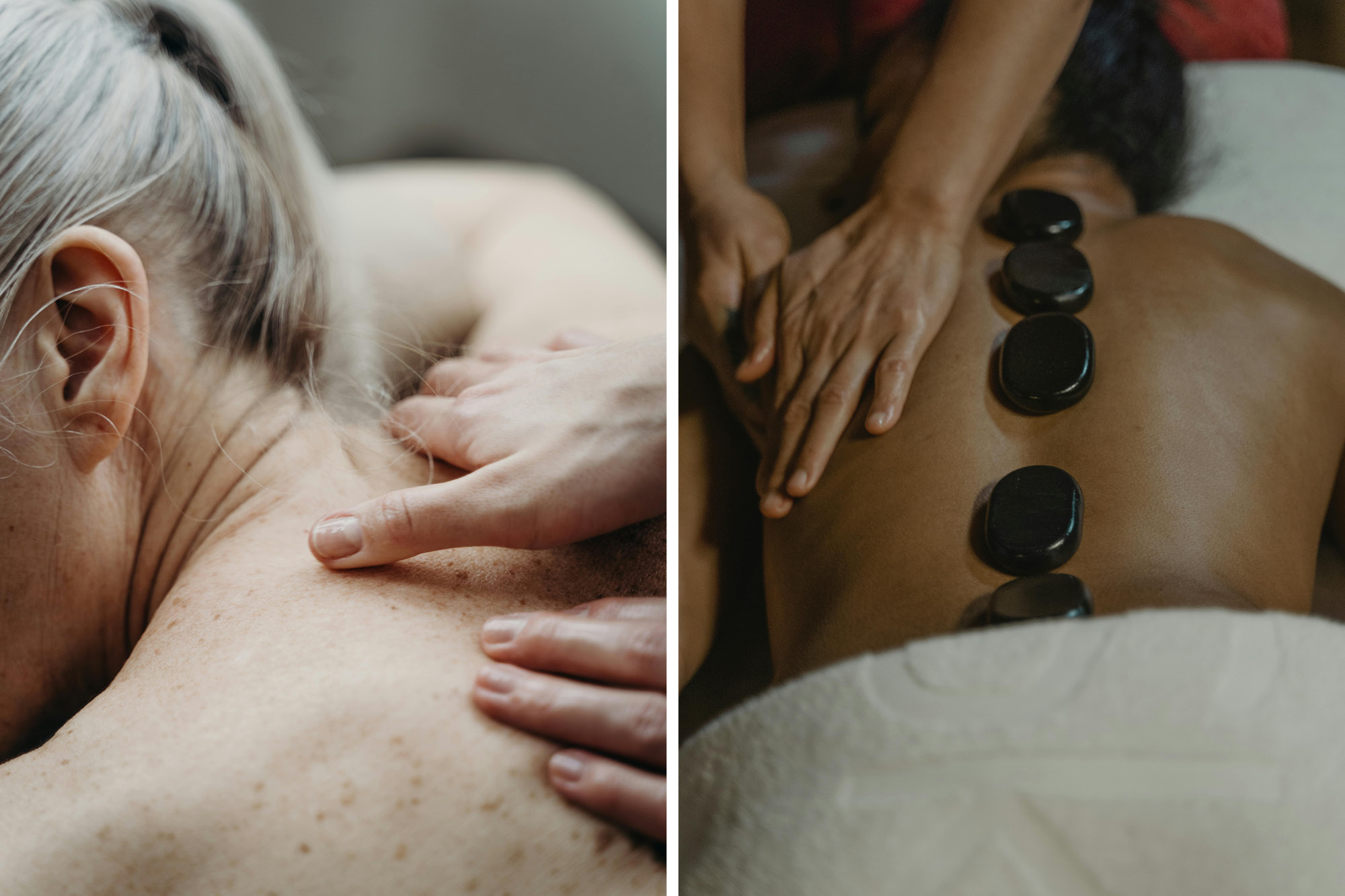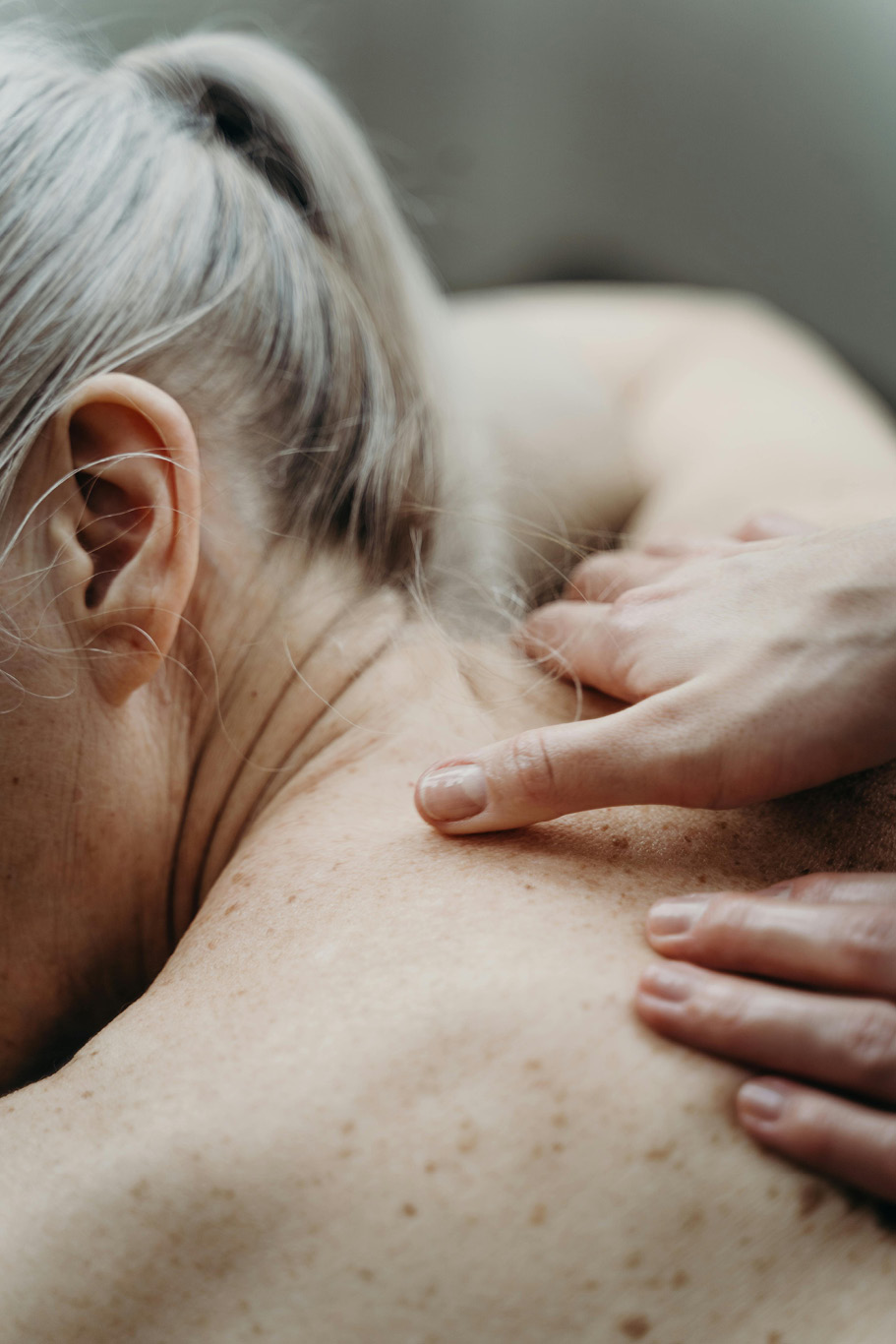Ever find yourself worrying about a future surgery—be it a joint replacement, cancer treatment, injury or fracture repair, or even a “routine” procedure—and feeling anxious about the procedure, the recovery process, and how it would impact your life? This is a common life experience (and often a source of fear) for women as we age. We all have burning questions, but don’t always have someone close to us to ask.
We turned to the women in the Movement Living community and posed 4 questions. Here’s their advice, experiences, and what surprised them most!
These surgery experiences, all from women in their 50s, 60s, and 70s, include: nephrectomy (kidney removal), cancer-related treatments, craniotomy, cyst removals, knee replacement surgeries, and more.

What is one thing you wish you knew before your surgery?
“I was privileged that my surgeon was a good communicator, so I felt like I was well prepared for what it would be, the recovery, and afterwards how to care for myself and live well having only 1 kidney.”
“That emotional recovery is just as important as physical rehab. Having confidence in your new joint (and new body) is key to really enjoying life and getting back out there!”
“I wish I’d known before surgery how complex recovery would be. Having a benign brain tumor, I naively thought that once the craniotomy was over I’d quickly get back to my life. That was far from the case. I couldn’t walk without assistance and I was still vomiting multiple times a day. I felt like a shell of my former self and it took time to get to a place where anything about my body felt familiar.”
“My neurosurgeon hadn’t given granular detail about what recovery might entail. At first I thought this was an oversight on his part, but I later realized that it’s not always helpful to cling to a preconceived idea of a recovery journey. Every single body is unique. If I’d been told it would take me 3 months to walk unaided again, I might not have pushed myself to reach that milestone in one month. That said, I think I had glossed over some of the challenges I could expect to face.”
“I wish I had known more about pain management. Different surgeries bring different levels of pain intensity, but the key thing about any pain management is that you have to stay on top of it. Don’t be a martyr and think that you can tough it out, because when the pain medication wears off, and the pain starts to get intense again, it’s better to have taken the pain med earlier, before it’s a 9 or 10 on the scale. Otherwise it’s tough to get under control again. This is a simple concept but they don’t always explain it very well. After a few surgeries, I learned how to do this so that my discomfort was fairly minimal. You can get off the pain meds later, when your body has had a chance to heal.”

What is recovery actually like? Any tips?
“Recovery is not linear. It’s rarely a straightforward path. A piece of advice my neurosurgeon gave me was not to measure my progress in weeks, or even month to month. Instead, review a three or six-month period. This was hugely helpful for me as I stopped fixating on some of the smaller setbacks that felt monumental in the moment. Instead of getting discouraged when a bad day crept in, I began to recognize the overall trajectory of my healing.”
“At home I wish I had been a bit more prepared about the changes to my bowels and digestion. It was about 6 days post op that I actually had a first bowel movement and the constipation was just awful. My tip would be to drink a lot, move or walk a bit every day, eat fiber, something like a stool softener even from Day 1 out of surgery (especially if you’re on pain medications that can make constipation worse). Getting out of bed was very painful, being an abdominal surgery, but I still tried to move as much as possible.”
“The hospital post-op recovery (2 days hospitalized) was not impressive. I felt that I didn’t receive much observation, especially right out of the operating room. Honestly, it was bad… my nurses didn’t do my vital signs or look at my dressing. It was quite confusing, especially having been a nurse myself. I probably should’ve asked about it and just used the call bell, since there seemed to be plenty of staff around. And asked more questions of my nurse about teaching me care on my own at home.”
“I had friends bring meals, which was so helpful! Set that up or make some freezer meals to make life easier for yourself. All the daily stuff is a bit harder and more tiring.”
“Do the exercises! I can’t stress enough how much the quality of your recovery and long term mobility and life rests on how well you can push through the initial pain over the first couple of months. Consistency and perseverance are critical.”
“I’m almost 2 years post surgery now, and I’ve had some problems around 1 year (recurring bladder infections). It’s not a linear process. Don’t hesitate to consult with your health care person if anything comes up and you have questions! If you’re concerned that it’s not normal, get it checked.”
“Some people heal faster, some slower. It also depends on the type of surgery. The best thing you can do is get up or sit up or just start moving as soon as they let you. That will help shake off the anaesthesia, which is sometimes worse than the actual surgery. It also helps get the blood flowing and muscles moving so they stay strong. Even with knee surgery, they encourage you to get up right away now. Healing does take time, but it does happen. Stay positive.”

What’s one thing that surprised you about the process?
“That it wasn’t as awful and horrible as I expected.”
“The post-op hospital care surprised me the most. Next time I would ask my nurse next time how often all my vital signs (blood pressure, temperature, etc.) and any wound dressings should be checked. I would also ask if there are any motions I should totally avoid for the safety and healing of the surgery area too.”
“I thought that a “big deal” surgery would put things into perspective for me and I’d stop sweating the small stuff. Ironically, it had the opposite effect; I doubled down on trying to control everything. I became fixated on controlling every aspect of my environment. I told myself that by creating the perfect conditions, I could ensure a smooth recovery. I spent countless hours obsessively hunting for the ideal coasters for our coffee table and poring over hundreds of reviews to find the perfect silk eye mask. Terrified of feeling powerless in my own body, I diverted my anxiety into controlling the minutiae of my surroundings. In hindsight, it was merely a coping mechanism.”
“I thought my surgery was a big deal, but the doctors and nurses and staff were all so matter of fact and not at all concerned with anything, which is kind of comforting!”

What is your best tip for a friend preparing for a surgery?
“Assume you’ll need support and arrange it ahead of time. After my surgery I had a number of people who kindly said, “Let me know if you need anything.” While they meant well, it put the burden back on me to think of what I needed and then find the energy to communicate it. Since I felt so terrible, this wasn’t easy to do and my husband ended up dealing with the brunt of my care simply because he was close at hand. If possible, identify a few trusted people who can form a support network. Share your anticipated needs with them in advance—from meals to errands or simply having someone to talk to. Encourage them to communicate with each other, so they can coordinate tasks without overwhelming you. This way, you can focus on your recovery instead of feeling pressured to delegate or ask for help when energy is low. Establishing a solid support system not only eases your stress, but allows your loved ones to contribute in meaningful ways that benefit your healing process.”
“Limit your google searches to reputable sources (I always like Mayo Clinic.) A lot of people find forums and chats anywhere, and you can get way too much information! It can be very confusing and overwhelming—what’s important and what isn’t, what’s true and what isn’t. Ask questions and get answers from people and sources you trust.”
“Try not to jump right back into your work or life and give yourself space to heal. It’s better to take time to recover well than to have to take extra time to have a relapse or heal too slowly.”
“Focus on what you want your after-surgery life to look like and let that keep you focused. You need a strong vision for the future you to keep up the hard work on the days it feels too tough.”







